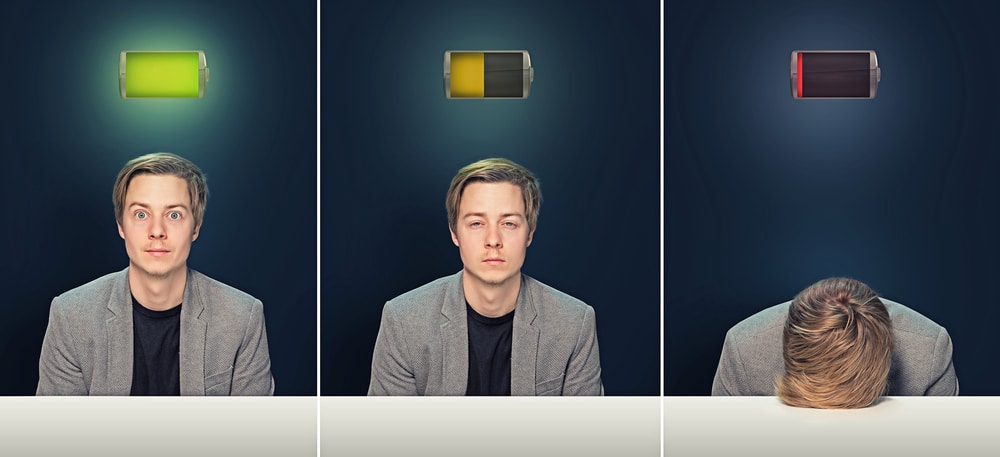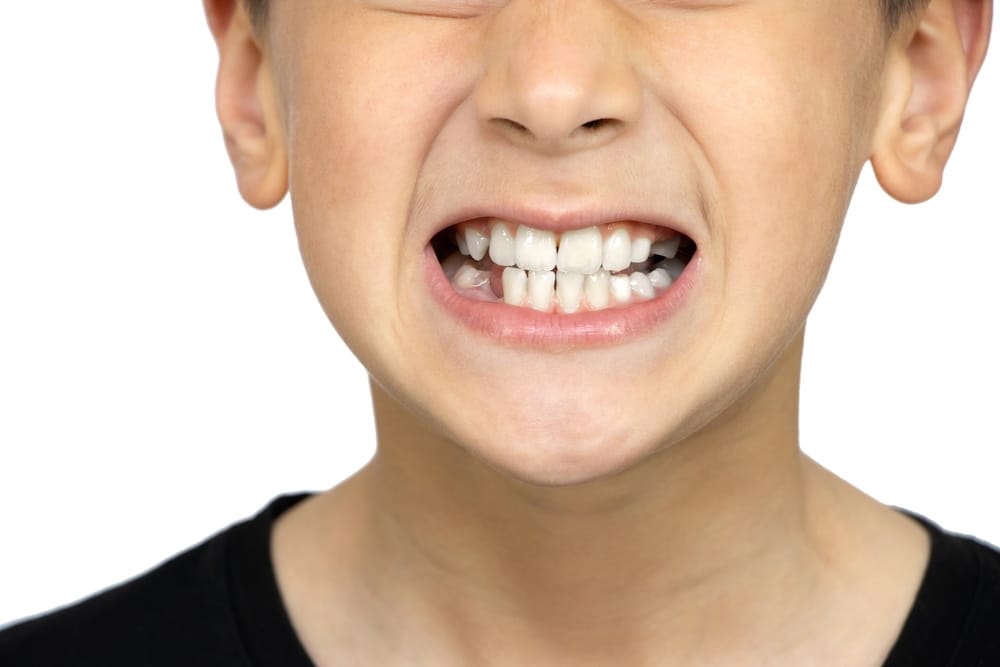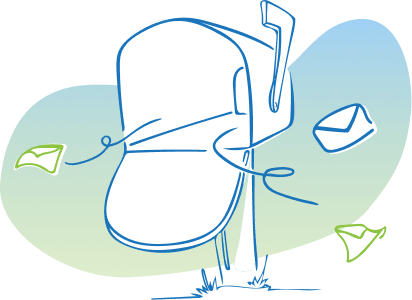Do you often feel tired during the day, regardless of how much sleep you’ve gotten? Do you snore loudly or have difficulty breathing at night? If so, you may be suffering from a sleep disorder.
Sleep disorders are surprisingly common, but they can be difficult to diagnose and treat. In this blog post, we will discuss some of the most common sleep disorders and their corresponding treatments. We hope that this information will help you get the quality sleep you need and improve your overall health!
Sleep disorders are surprisingly common, with over 81 recognized conditions. The ICSD-2 lists the major sleep disorders in 8 categories: insomnias, sleep-related breathing disorders, hypersomnias of central origin, circadian rhythm sleep disorders, parasomnias, sleep-related movement disorders, isolated symptoms, and unresolved issues.
How Common Are Sleep Disorders?
The field of sleep medicine covers a diverse collection of disorders and symptoms ranging from rem sleep behavior disorder, circadian rhythm disorders, sleep related hallucinations and neurological and respiratory conditions with a wide range of symptoms and patient complaints.
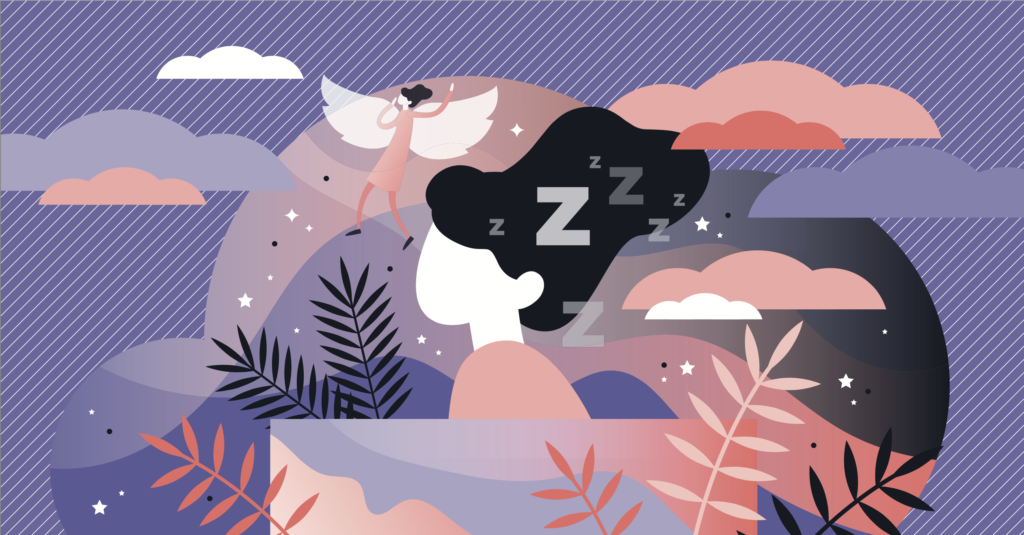
Insomnia
The most common sleep disorder is insomnia, which is difficulty initiating or maintaining sleep. Sleep apnea, restless legs syndrome, sleep bruxism, and narcolepsy are also relatively common. With such a wide variety of conditions and symptoms, sleep disorders can be difficult to diagnose and treat.
Insomnia affects millions of people worldwide. There are many different types of insomnia, including primary insomnia (difficulty sleeping with no underlying medical cause) for example jet lag or shift work sleep disorder and secondary insomnia (difficulty sleeping due to another condition). Insomnia can be short-term (acute) or long-term (chronic).
There are many potential causes of insomnia, including stress, anxiety, depression, medications, caffeine, alcohol, and disruptions in the normal sleep schedule. Insomnia can also be a side effect of other medical conditions and poor sleep habits.
Treatment for chronic insomnia typically includes lifestyle changes (such as avoiding caffeine and establishing a regular sleep schedule), cognitive behavioral therapy (CBT), and sometimes medication.
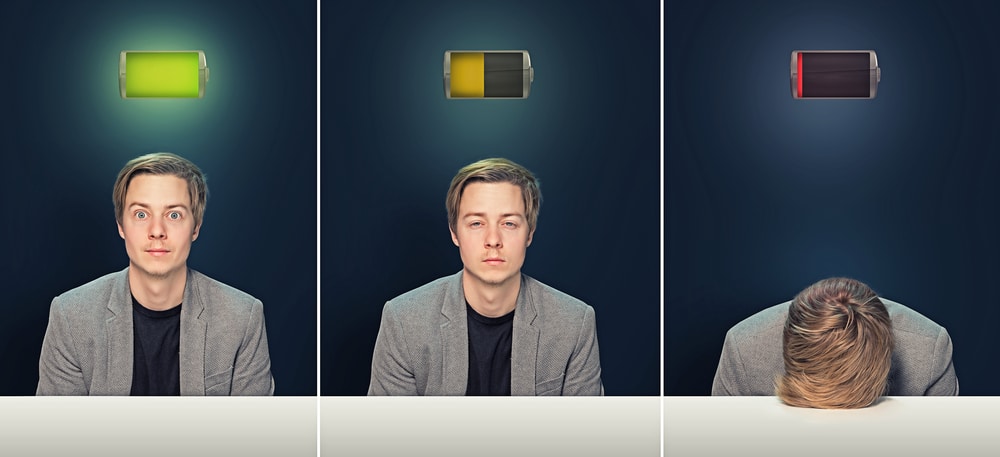
Sleep Apnea
Sleep related breathing disorders are generally divided into three conditions, obstructive sleep apnea, central sleep apnea and mixed sleep apnea.
Obstructive sleep apnea
Obstructive sleep apnea is a condition in which breathing is interrupted during sleep due to obstruction in the airway. This can happen due to excess weight around the neck or chest area, enlarged tonsils or adenoids, or other anatomical abnormalities.
Obstructive sleep apnea can lead to daytime fatigue, increased risk of accidents, cardiovascular problems, and other health complications.
Treatment options for include weight loss (if applicable), nasal decongestants (for mild cases), CPAP machines (for moderate to severe cases), and surgery (for severe cases).
Central Sleep Apnea
Central sleep apnea is a rare and serious condition that affects the way the body breathes during sleep. It occurs when the brain fails to send signals to the muscles that control breathing, resulting in pauses in breathing during sleep. Symptoms include excessive daytime sleepiness, morning headaches, and insomnia.
Diagnosis of central sleep apnea requires a careful evaluation by a qualified healthcare professional, as well as certain tests such as polysomnography or a sleep study. Treatment may include lifestyle modifications and/or use of positive airway pressure (PAP) device.
Restless Legs Syndrome
Restless legs syndrome is a condition characterized by an irresistible urge to move the legs while at rest or asleep. This can lead to difficulty falling asleep or staying asleep.
Restless legs syndrome is often associated with iron deficiency or other medical conditions. Treatment options include lifestyle changes (such as avoiding caffeine and taking regular breaks during extended periods of sitting), medication, and sometimes electrical stimulation therapy.
Sleep Bruxism
Sleep bruxism is a condition characterized by clenching or grinding of the teeth during sleep. This can lead to headaches, jaw pain, tooth damage, and other problems.
Treatment for sleep bruxism typically includes behavioral therapy (to learn how to relax the jaw muscles) and wearing a mouth guard at night. In some cases, botox injections may also be recommended.
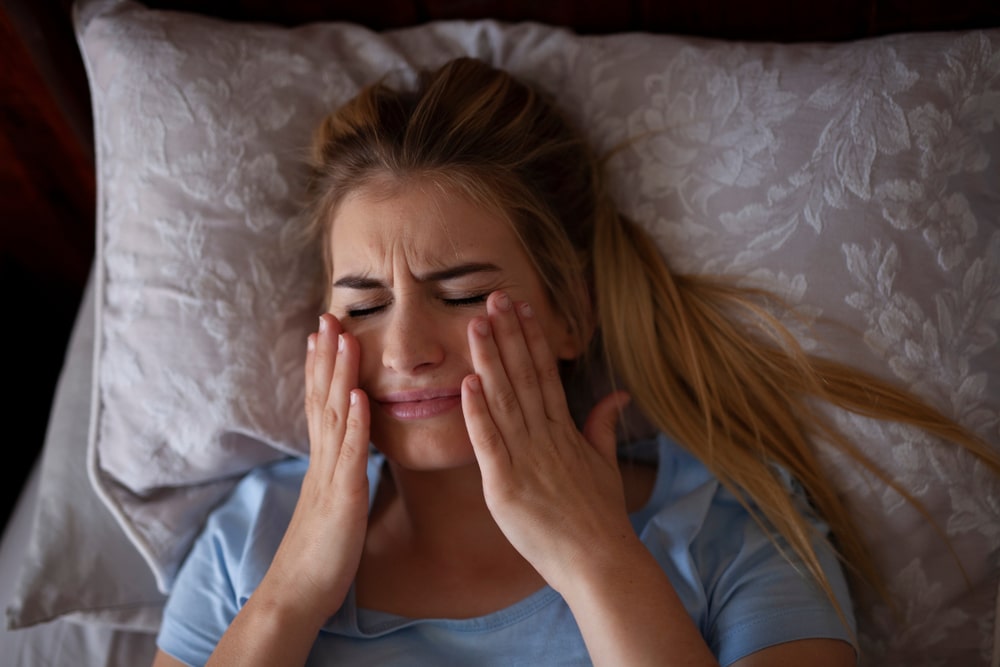
Narcolepsy
Narcolepsy is a condition characterized by excessive daytime sleepiness and sudden onset attacks of sudden muscle weakness or deepsleep (called “sleep attacks”). Narcolepsy can also cause hallucinations and paralysis while falling asleep or upon waking up.
Narcolepsy is thought to be caused by dysfunction of the brain neurotransmitter called orexin/hypocretin. Treatment for narcolepsy typically includes medication and sometimes treatment for underlying conditions such as depression or anxiety.
What are the Health Impact of Sleep Disorders?
Sleep loss and sleep disorder are among the most common yet frequently overlooked and treatable health problems related to physical and mental health. It is estimated that 50 to 70 million Americans chronically suffer from a disorder of sleep and wakefulness, hindering daily functioning and adversely affecting health and longevity.
Questions about sleep are seldom asked by physicians. For example, about 80 to 90 percent of adults with clinically significant sleep-disordered breathing remain undiagnosed.
The public health consequences of sleep loss and sleep-related disorders are far from benign. Visible consequences are errors in judgment contributing to disastrous events such as the space shuttle Challenger disaster, Three Mile Island or the Exon Valdez oil spill.
Less visible consequences of sleep conditions are far more prevalent affecting mortality, morbidity, performance, accidents and injuries, functioning and quality of life, family well-being, and health care utilization.
Some of these consequences, such as automobile crashes, occur acutely within hours of the sleep disorder, and thus are relatively easy to link to sleep problems. Others—for example, obesity and hypertension—develop more insidiously over months and years of chronic sleep problems.
After decades of research, the case can be confidently made that sleep loss and sleep disorders have profound and widespread effects on human health.
Sleep loss has been shown to impair cognitive performance in a variety of ways. One study found that subjects who were sleep deprived performed worse on tests of short-term memory, attention span, and reaction time than those who were well rested.
Another study found that even a single night of reduced sleep can lead to impaired performance on cognitive tasks. The effects of sleep loss on cognitive performance may be due to the fact that sleep deprivation leads to changes in brain activity similar to those seen in patients with Alzheimer’s disease or other forms of dementia.
Sleep disorders have also been linked to an increased risk of developing chronic diseases such as hypertension, diabetes, heart disease, stroke, and obesity.
One study found that people with insomnia were five times more likely to develop hypertension than those without insomnia.
Another study found that people with obstructive sleep apnea were at an increased risk for developing type 2 diabetes. Sleep disorders have also been linked to an increased risk of developing Alzheimer’s disease or other forms of dementia.
In addition to the effects on physical health, a sleep disorder can also have serious consequences for mental health.
Sleep deprivation has been linked to an increased risk for developing depression, anxiety disorders, bipolar disorder, and schizophrenia.
One study found that people with insomnia were five times more likely to develop depression than those without insomnia.
Sleep disorders have also been linked to an increased risk for suicide attempts and completed suicides.
The economic costs of sleep disorders are also significant. National sleep foundation reports one study that put the annual cost of cardiovascular disease attributable to sleep disordered breathing at $15 billion dollars. The total cost of all medical care for patients with Sleep Apnea was estimated at $4 billion dollars in 2010.
How are Sleep Disorders Treated?
Sleep aids are helpful in some cases of insomnia, including melatonin, zolpidem, zaleplon, eszopiclone, ramelteon, suvorexant, lamborexant, or doxepin.
Restless legs syndrome are treated with gabapentin enacarbil, or pregabalin.
Sleep apnea can be treated with continuous positive airway pressure (CPAP), Dental appliances or surgery.
Sleep bruxism is treated with biofeedback or a mouthpiece.
Narcolepsy may be treated with a number of stimulants or wake-promoting medications, such as modafinil, armodafinil, pitolisant and solriamfetol.
People who suffer from insomnia report trouble falling asleep, staying asleep throughout the night, or they wake up too early in the morning.
Insomnia can be caused by a variety of factors, including stress, anxiety, depression, medications, environmental factors, and sleep disorders. Some people may only experience occasional insomnia while others may suffer from chronic insomnia.
There are a number of treatments that can help people suffering from insomnia. Counseling is one option that can help people to recognize and change any thoughts that may be keeping them awake at night.
There are also a number of medications and supplements that can be helpful in treating insomnia.
Sleep hygiene is another important factor in managing insomnia. This includes maintaining a regular sleep schedule and creating an environment that is conducive to sleep.
Getting regular exercise and minimizing noise and light exposure in the bedroom can also help to promote better sleep. In some cases, more serious forms of insomnia may require treatment from a sleep specialist.
Sleep aids are one option that can be helpful for people suffering from insomnia. There are a variety of different sleep aids available on the market today.
Some of the most common include melatonin supplements, zolpidem (Ambien), zaleplon (Sonata), eszopiclone (Lunesta), ramelteon (Rozerem), suvorexant (Belsomra), lamborexant (Horizant), and doxepin (Silenor).
These medications can help to improve sleep quality by making it easier to fall asleep and stay asleep throughout the night.
Restless legs syndrome (RLS) is another sleep disorder that can make it difficult to get a good night’s sleep.
RLS is characterized by an irresistible urge to move the legs when at rest or lying down. This can often result in restless nights spent tossing and turning in bed trying to find relief from the discomfort.
RLS is typically treated with medication such as gabapentin enacarbil (Horizant) or pregabalin (Lyrica).
Sleep apnea is another condition that can disrupt sleep and lead to feelings of fatigue during the day. Sleep apnea occurs when breathing is interrupted during sleep due to obstruction of the airway.
This can often result in loud snoring as well as periods of time where breathing stops completely.
Sleep apnea is typically treated with continuous positive airway pressure (CPAP) therapy which uses a machine to deliver air pressure through a mask worn during sleep. Other treatment options include dental appliances or surgery to improve airflow through the airway.
Sleep bruxism is another condition that can cause disruptions during sleep and lead to fatigue during the day. Sleep bruxism refers to sleep related grinding or clenching of the teeth during sleep.
This can often lead to headaches as well as damage to the teeth over time. Treatment for sleep bruxism typically involves biofeedback training which helps people become aware of when they are grinding their teeth so that they can learn to relax the jaw muscles during sleep.
In some cases, a mouthguard may also be recommended to prevent damage to the teeth during nighttime grinding episodes
When Should you talk to your Dr.?
If you’re regularly having trouble falling or staying asleep, waking up earlier than you’d like, or not feeling refreshed upon waking, it may be time to talk to your doctor about your sleep. These can all be signs of a sleep disorder.
Other telltale signs that it’s time to consult with a doctor about your sleep include feeling excessively sleepy or tired during the day, even after a full night’s rest.
You may also find yourself needing to take naps during the day just to get through the day. If your sleep problems are interfering with your ability to perform daily activities, that’s another sign that it’s time to seek medical help.
Other red flags that indicate it may be time for a trip to the doctor include falling asleep while driving, watching television, or reading.
If your bed partner has told you that you snore loudly or gasp for breath during the night, that can also be a sign of a sleep disorder. And if your partner has witnessed you sleepwalking, acting out your dreams, or making other abnormal movements during the night, that’s yet another reason to consult with a physician.
If you’re experiencing any of these issues more than one night a week for multiple weeks in a row, it’s definitely time to talk to your doctor about your sleep. A good night’s rest is crucial for overall health and well-being, so don’t hesitate to seek medical help if you think you may have a sleep disorder.
Conclusion
Sleep disorders are surprisingly common, affecting up to one third of the population. While they can be difficult to diagnose and treat, it is important to seek help if you think you may be suffering from a sleep disorder. The most common sleep disorders include insomnia, sleep apnea, and restless leg syndrome there are a wide variety of other sleep disorders.
Sleep disorders and your sleep habits can have a significant impact on your overall health, including your mental health, energy levels, and ability to focus. Insomnia, for example, can lead to anxiety and depression, while sleep apnea can increase your risk of cardiovascular disease.
There are a variety of treatment options available for sleep disorders, depending on the specific condition. Insomnia may be treated with medication or therapy, while sleep apnea may require the use of a CPAP machine. Restless leg syndrome may be treated with lifestyle changes or medication.
If you think you may be suffering from a sleep disorder, it is important to speak to a doctor or sleep medicine practitioner to get the help you need. With proper diagnosis and treatment, many people are able to overcome their sleep problems and live healthy, fulfilling lives.

